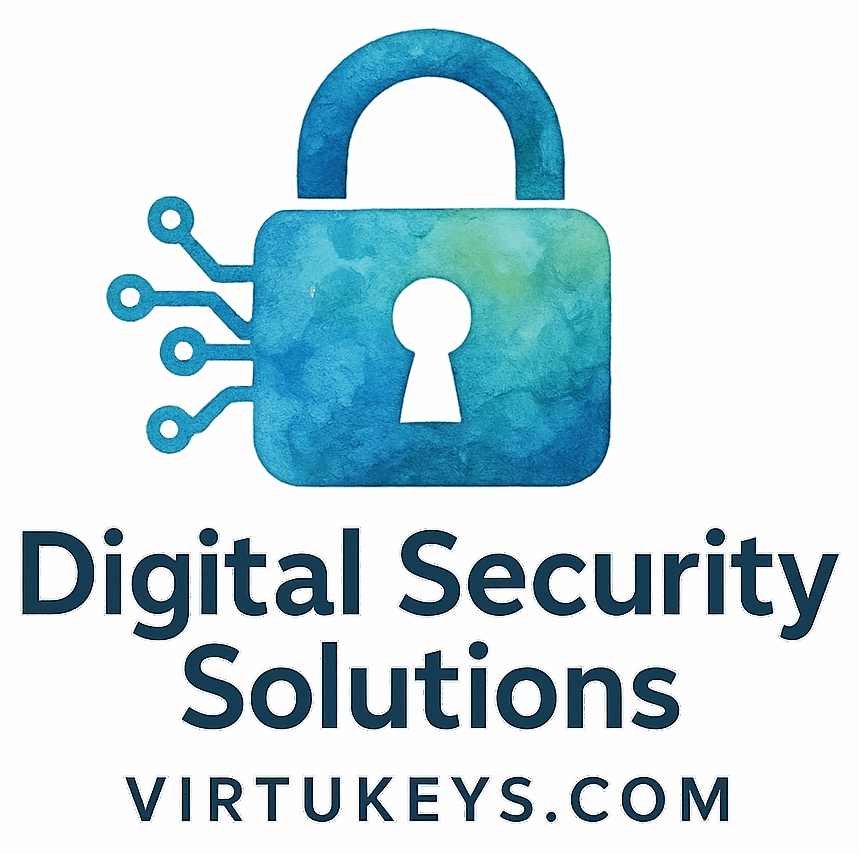Introduction to Paid Data Encryption Software
In today’s digital world, data is one of the most valuable assets a business owns. With cyberattacks happening every day, relying solely on free encryption tools isn’t enough. While free options may cover the basics, paid data encryption software provides a more comprehensive, reliable, and future-ready security solution. Think of it as the difference between locking your front door with a simple key versus installing a high-tech biometric lock. Both work, but only one truly keeps threats at bay.
This article explores 10 paid data encryption software worth the investment, why they’re essential, and how they can protect businesses of all sizes.
Why Paid Encryption Software is Worth the Cost
Stronger Security Protocols
Paid solutions typically use advanced encryption standards, such as AES-256, which are far more resistant to brute-force attacks. Unlike free tools, they’re updated frequently to counter evolving cyber threats.
Regular Updates and Support
Cybersecurity is a moving target. Paid tools come with dedicated customer support and regular security patches—something free tools rarely offer. This means you’ll always stay one step ahead of hackers.
Compliance with Global Standards
If your business operates internationally or deals with sensitive data, compliance is critical. Paid software ensures adherence to frameworks like GDPR, HIPAA, and PCI DSS. Explore more on compliance regulations.
Key Features to Look for in Paid Encryption Tools
User-Friendly Interface
Even the most advanced tool is useless if your team can’t use it effectively. Paid solutions often prioritize user experience with intuitive dashboards.
Multi-Platform Compatibility
From desktops to smartphones, businesses operate across many platforms. Look for tools that provide cross-platform encryption. Learn more here: cross-platform encryption.
Cloud and On-Premises Integration
With so many companies relying on cloud services, a good encryption tool should secure both on-premises data and cloud-based storage. Beware of cloud encryption mistakes.
Advanced Encryption Algorithms
Modern encryption tools often use AES, RSA, or elliptic curve cryptography. Paid options usually combine these for layered protection.
Top 10 Paid Data Encryption Software Worth the Investment
1. Symantec Endpoint Encryption
Trusted globally, Symantec offers full disk and removable media encryption. Its centralized management console makes it perfect for large enterprises handling massive amounts of sensitive data.
2. McAfee Complete Data Protection
McAfee’s suite includes strong file, folder, and disk encryption. It also integrates with data loss prevention features, making it an all-in-one security package.
3. Trend Micro Endpoint Encryption
Known for seamless integration with enterprise security solutions, Trend Micro ensures compliance and provides strong key management options.
4. Sophos SafeGuard Encryption
Sophos uses synchronized security, automatically responding to threats in real-time. Its compatibility with Windows and macOS makes it great for businesses with diverse operating systems.

5. Microsoft BitLocker (Enterprise)
BitLocker is built into Windows, but the enterprise version offers advanced recovery options and centralized management. It’s a strong choice for organizations already tied to the Microsoft ecosystem.
6. Check Point Full Disk Encryption
Check Point’s solution is tailored for high-security industries. With pre-boot authentication and centralized key management, it reduces the risk of insider threats.
7. Dell Data Guardian
Dell’s encryption tool is popular among SMBs. It protects files both at rest and in motion, ensuring data is safe even when shared externally.
8. IBM Guardium Data Encryption
IBM offers robust encryption for databases, files, and applications. Its scalability makes it ideal for corporations handling millions of records daily.
9. WinMagic SecureDoc
SecureDoc specializes in pre-boot authentication and device management. It’s widely adopted in industries that require strict regulatory compliance.
10. AxCrypt Premium
For individuals and small businesses, AxCrypt Premium is affordable yet powerful. It provides AES-256 encryption and integrates with cloud storage providers like Google Drive and Dropbox.
How to Choose the Best Paid Data Encryption Software
Consider Your Business Size and Needs
Small businesses may not need enterprise-level encryption like IBM Guardium. Tools such as AxCrypt or Dell Data Guardian may be better suited. For more insights, check out small business security.
Evaluate Compliance Requirements
If you’re in healthcare or finance, compliance isn’t optional. Paid tools ensure adherence to small business compliance.
Test Trial Versions Before Buying
Most providers offer demos or trial versions. Take advantage of these to see if the tool fits your workflow before committing financially.
Common Mistakes Businesses Make with Paid Encryption
Overlooking Employee Training
Even the most advanced encryption fails if employees don’t use it correctly. Training sessions should be part of your implementation guides (learn more).
Ignoring Cloud Encryption Challenges
Businesses often assume their cloud provider encrypts everything. That’s not always true. Avoid common cloud encryption mistakes.
Not Updating Licenses Regularly
Expired licenses mean outdated security. Always renew and update on time.
Paid vs. Free Encryption Software
Cost vs. Security
Free tools might save money upfront, but they often lack enterprise-level protection. Paid tools provide an ROI by reducing the risks of breaches and fines.
Support and Updates
Paid providers offer round-the-clock support and consistent updates, which can save your business in case of an emergency.
Future of Paid Data Encryption Tools
AI-Powered Threat Detection
AI is transforming encryption by predicting and neutralizing potential threats before they escalate.
Quantum-Resistant Algorithms
As quantum computing advances, encryption must evolve. Paid providers are already investing in quantum-safe encryption to protect future data.
Conclusion
Investing in paid data encryption software is like buying insurance for your most valuable asset—your data. Whether you’re a startup or a global enterprise, the right tool not only protects you from hackers but also ensures compliance, builds trust, and gives you peace of mind.
If you’re still unsure, explore more about advanced encryption strategies and data encryption basics before making a decision. Remember: data security isn’t an expense—it’s an investment.
FAQs
1. Is paid data encryption software really better than free options?
Yes. Paid tools provide stronger algorithms, better support, and compliance features that free versions often lack.
2. Which paid encryption tool is best for small businesses?
AxCrypt Premium and Dell Data Guardian are budget-friendly and effective for SMBs. Explore budget-friendly options.
3. Can paid encryption tools prevent insider threats?
Yes, many offer centralized management and monitoring to reduce insider risks.
4. Do paid encryption tools work on mobile devices?
Absolutely. Many provide cross-platform encryption across desktops, laptops, and mobile devices.
5. How much should a business budget for encryption software?
Costs vary from under $100/year for small-scale tools to thousands for enterprise-grade solutions.
6. What industries benefit most from paid encryption software?
Finance, healthcare, legal, and government agencies—basically any industry handling sensitive information.
7. Is it difficult to implement paid encryption software?
Not really. Most providers offer step-by-step implementation guides to simplify setup.

